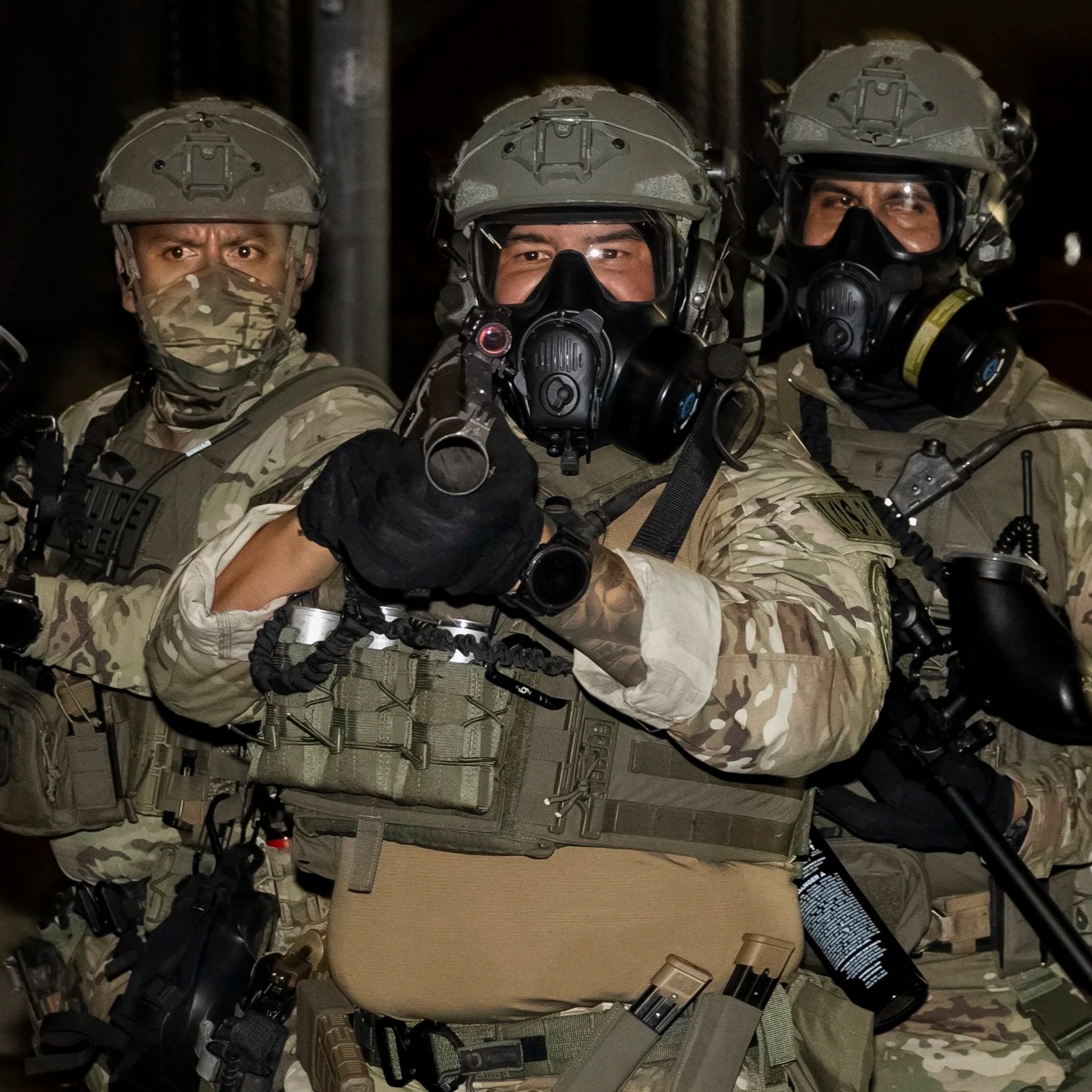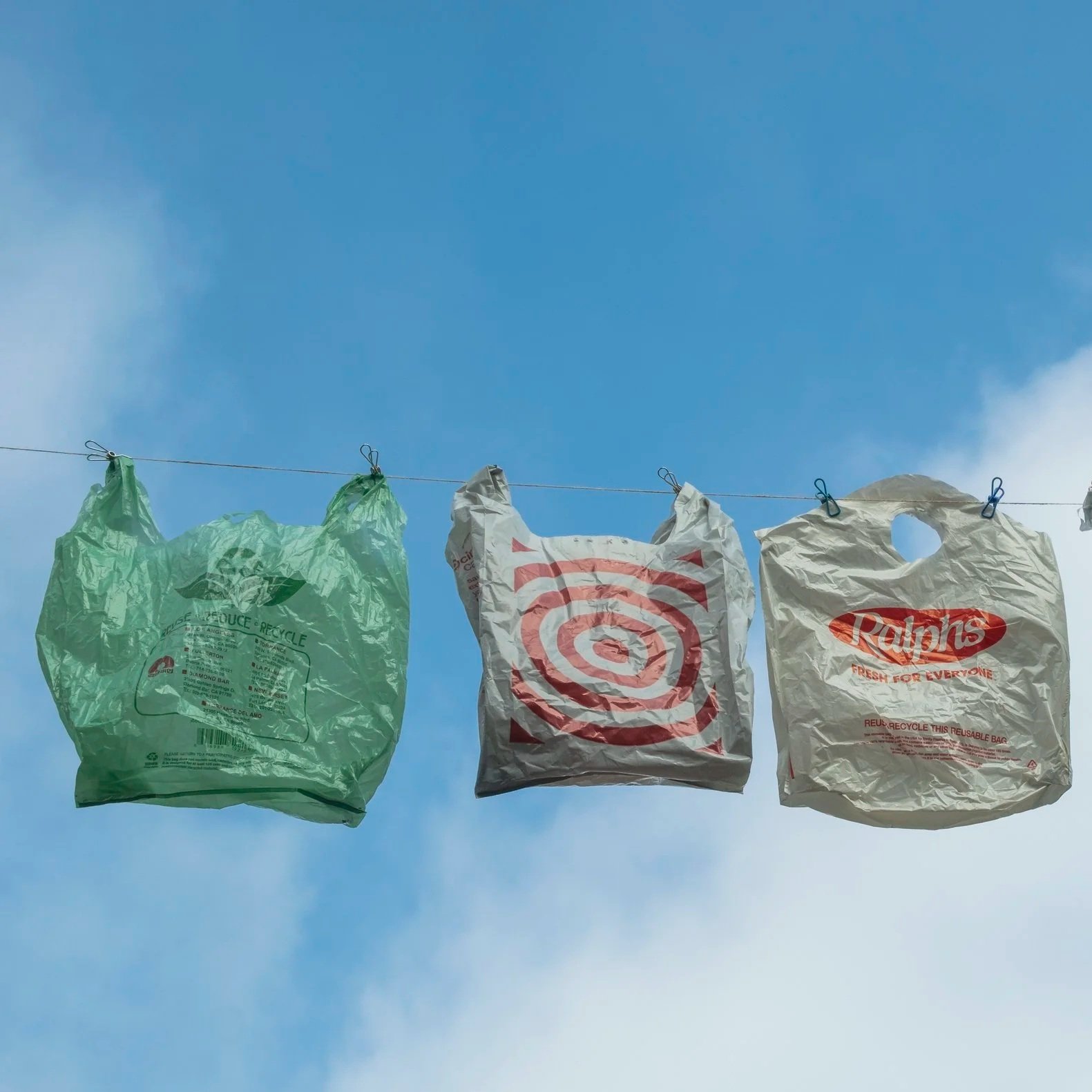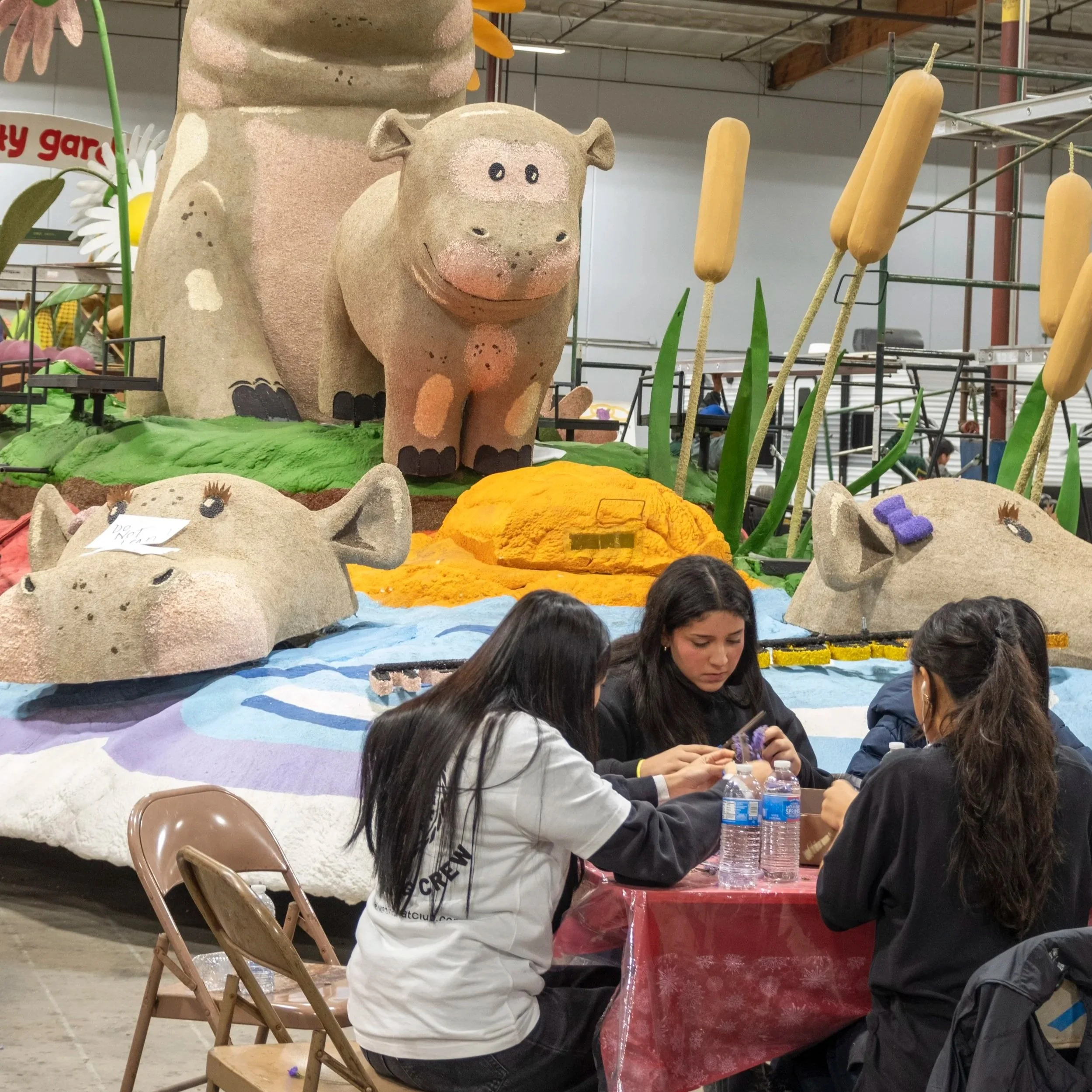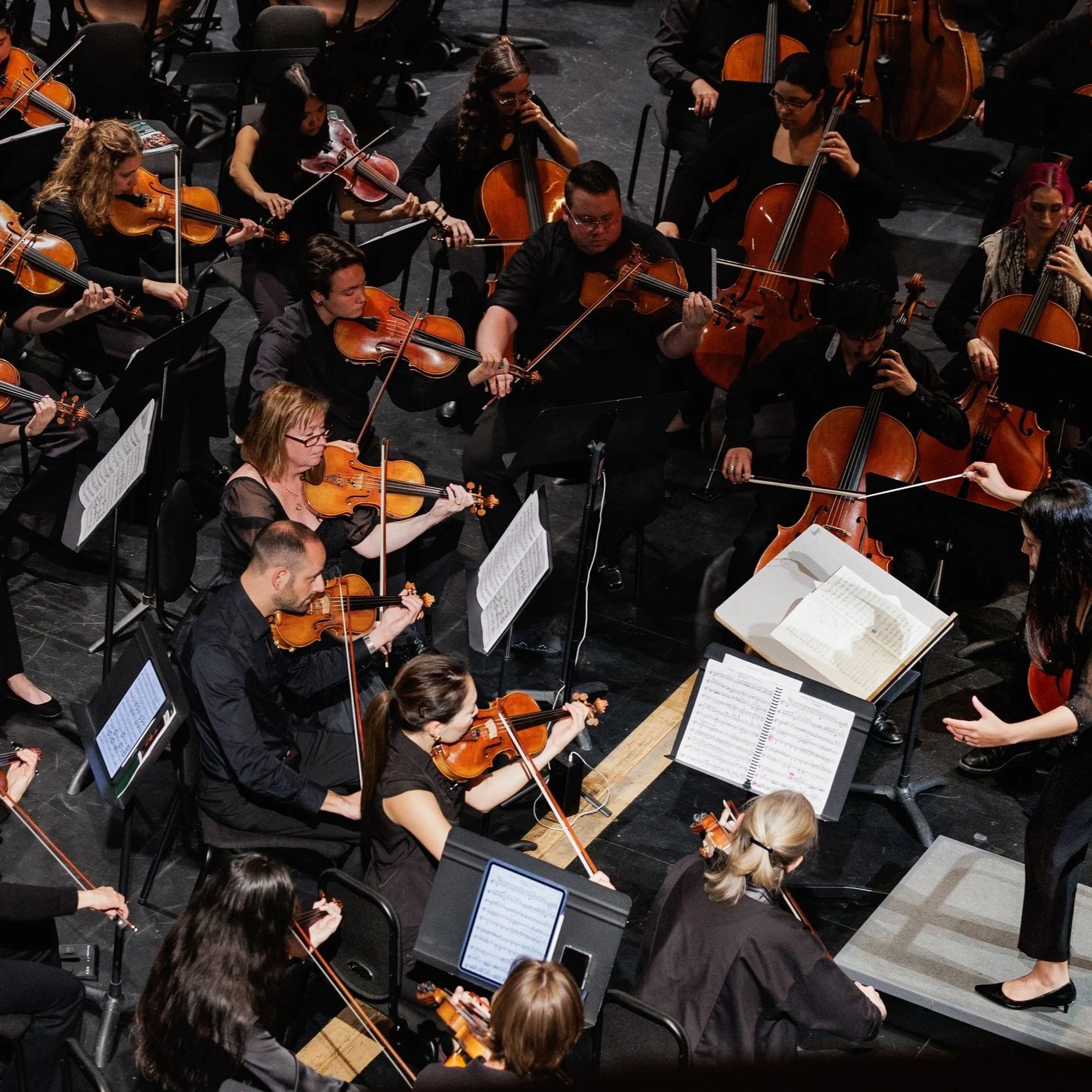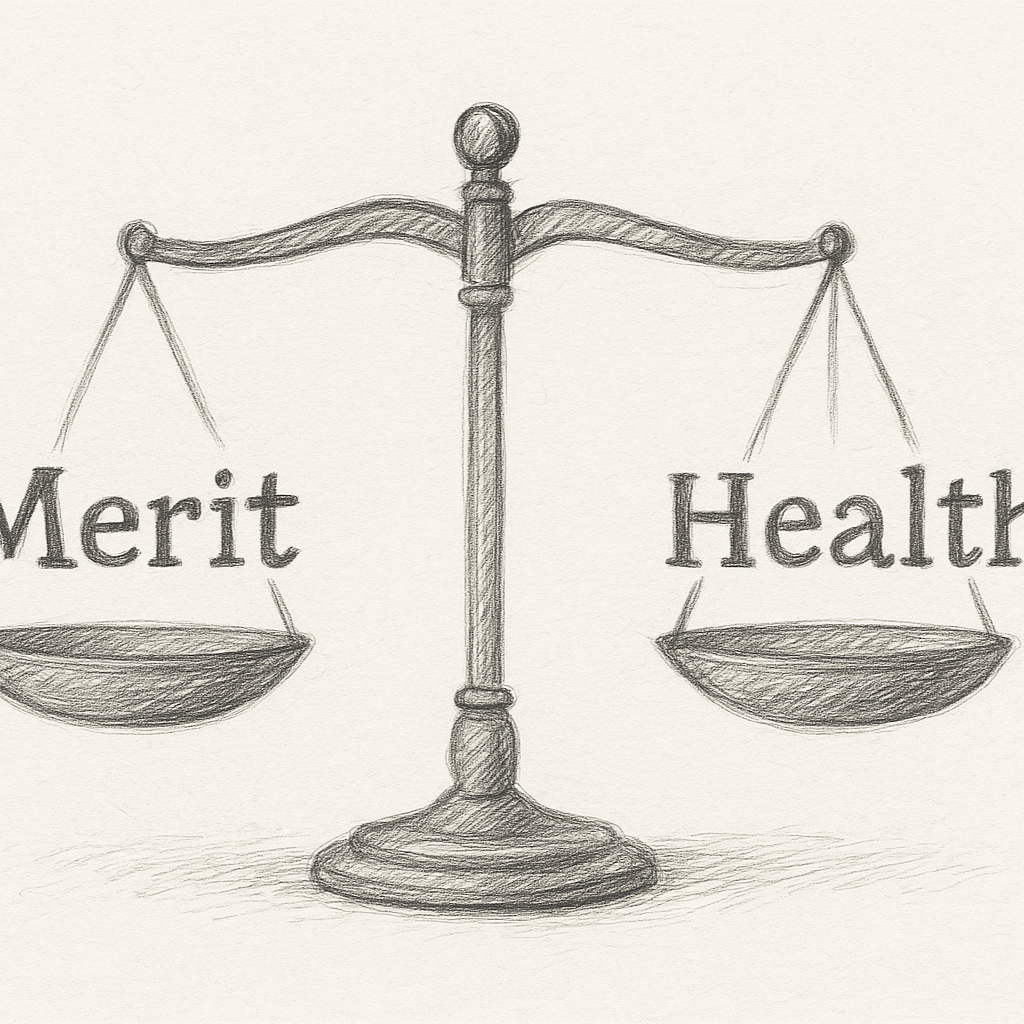VP-elect Kamala Harris isn’t the Voice That we Wanted, but The One We Need.
Illustration by Carolyn Burt | The Corsair
On Nov. 7, four days after election day, democratic supporters socially distanced in their cars filled a parking lot in Wilmington, DE, eagerly awaiting their Presidential-elects’ victory speeches. Senator Kamala Harris stepped onto the stage, dressed in head-to-toe white - an homage to the suffragettes that fought for women’s equality. She addressed the nation as the first Black, Southeast Asian woman elected to become Vice President of the United States.
Her win marks a crucial moment in history for women, people of color, and immigrant families. Women, especially women of color, can finally see themselves represented in such a high ranking position. Activist and former Georgia State Representative Stacy Abrams even said, “It’s a privilege to see yourself reflected in leadership.”
Black women have historically been the most disadvantaged group of people in the country, but now Kamala Harris will hold the second most powerful seat in the United States Government. This moment will cement itself as a milestone for equality in the U.S..
This is another win for people of color, but as a California native, I also feel some ambivalence towards Harris' track record as district attorney of San Francisco, and attorney general of California, carries an under-exemplary past.
Harris’ time as attorney general saw her imprison thousands of nonviolent second-time offenders. According to NPR’s radio segment, “All Things Considered,” many inmates were given eligibility for parole after the Supreme Court ordered California to reduce its prison population by 33,000 inmates, due to overcrowding that led to starvation and death. Harris’ lawyers tried to argue that the release would reduce their prison labor pool. A distasteful argument when looked at through the lenses of the 13th amendment.
The 13th amendment had abolished slavery at the conclusion of the Civil War, but a clause exempted prisoners from it. The amendment states, “Neither slavery nor involuntary servitude, except as a punishment for crime whereof the party shall have been duly convicted.” Because of this Harris’ lawyers argued that they needed prisoners so that they could exploit the amendment for cheap prison labor for public and private service.
Harris also implemented an anti-truancy policy in 2011. That policy would make it a criminal misdemeanor for parents if their child missed more than 10 percent of school attendance without an excuse that was satisfactory to the school. The fine was $2000 or one year in jail. This policy backfired heavily because parents were arrested and fined for absences due to extenuating circumstances, not truancy.
Harris later realized how negatively this affected families and retracted the policy.
In spite of all these instances, in the second democratic presidential debate, Harris stated that she is extremely proud of her past as attorney general.
Her “Back on Track” program is a 12-18 month program that focuses on education, employment, and 220 hours of community service. First-time nonviolent felony offenders were eligible to participate in this program rather than going into the prison system. The program connected them with resources to find positive life enhancing skills and trades, giving them a second chance at life. The program was very successful.
Although Kamala Harris may not be the most progressive candidate, there are other parts of her platform that give me hope, such as her contribution to the Green New Deal.
But let me be frank, the main reason I voted for Joe Biden and Kamala Harris is because I wanted President Donald Trump out. Everytime I hear Trump say, “Make America Great Again”, while routinely stereotyping Mexicans and Muslims, I realize what type of “America” Donald Trump has in mind.
In an exchange during the first presidential debate, on the topic of white supremacists and militia groups, Trump refused to denounce them. He instead called on the Proud Boys to “stand back and stand by.” Why did Trump ask a hate group that rallied in Charlottesville to “stand by?" I have never been more concerned of what might happen to Black and Brown people since watching thousands carry tiki torches, confederate flags, and swastikas through Charlottesville.
So for myself, a win for Joe Biden meant the removal of one of the most controversial, intolerant, bigoted presidents we have had in U.S. history.
While I wished Sen. Bernie Sanders would have been on the Democratic ticket, I want to give President-elect Biden and Vice President-elect Harris a chance. Just like Katie Couric and millions of other voters gave to Trump.
While her past has its questionable moments, Harris’ perspective as a Black-Indian woman from Oakland, California gives me hope that she and Biden will tackle systemic racism.
Trump denies the notion of systemic racism in the U.S., likely because he was raised on another side of capitalism - he was born with a silver spoon and grew up lavishly. On the other side, Kamala Harris said in an interview with CNN, “We do have two systems of justice” for Black and White Americans.
The deaths of innocent black men and women at the hands of police brutality, the over 500 immigrant children that cannot find their parents, and the extreme differences we have in the wealth gap have been a result of a broken system.
Her victory in becoming the first female vice president is a historic moment that disturbs the status quo. That disturbance will now make it a challenge for her. But time after time, Harris’ ability to overcome and change her perspective shows me, as a voter, that she can help shape a better tomorrow for people of color. She is the voice we need.


